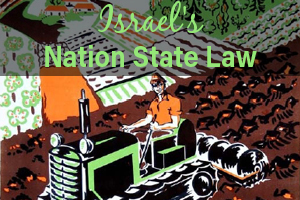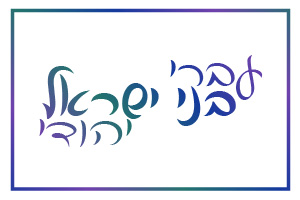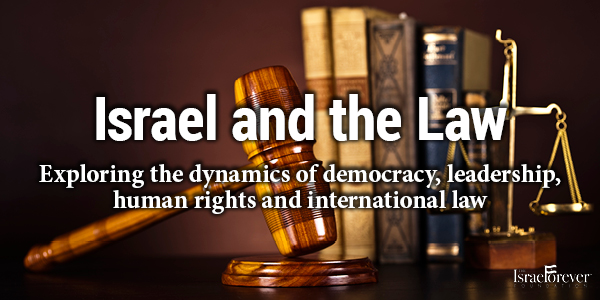Israeli Mock Government Activity
INTRODUCTION
There is a saying that goes if there are three Israelis in a room, there are ten opinions. Israeli government is no different. The multitude of parties represent varying opinions and furthermore can be comprised of even more parties. Confused yet? Me too. The Knesset is politically, emotionally, and sometimes physically charged space filled with emboldened Israelis passionate about their beliefs and ready to challenge their opponents. Through this Knesset simulation, hopefully your group can gain a greater understanding of Israeli government and its political intricacies.
This is a group activity suited to participants in high school and older.
GOAL
This activity seeks to explain the complexity of the Israeli government. Its goal is to show the differing opinions of the varying ethnic and religious groups that are present in Israel’s society.
Additionally, your group can gain insight into why decisions in Israel are so difficult to reach as they struggle to come to decisions. This activity will also show how minority groups in Israel feel in the Knesset as those with less representation.
PREPARATION READING
Read about elections and the different parties in the current Knesset HERE.
DIRECTIONS
- Depending on how many people are in the group give each person a different party in the Knesset. Use the preparation reading to read about the individual parties’ platforms and current leaders. Try to create ratios of people similar to that in the Knesset. For example, if there are 30 people in the Likud party and 5 in Yisrael Beitenu then assign 6 students as Likud and 1 student as Yisrael Beitenu.
- Choose a topic for the group or have the group research current laws and debates they find interesting in the Knesset. These topics could include gay marriage, transportation on Saturdays, or Israeli settlements in Judea and Samaria.
- ON THEIR OWN: Have the group research their party’s opinion on the topic. Participants can use their own laptops for research or the activity facilitator can print out the information from the above website. Make sure the students know their group’s background and beliefs on the issue. Each group should have a list of non-negotiable issues. For example, the United Torah Judaism would strongly oppose same-sex marriage and would not be willing to negotiate on any sort of separation of religion and state. They do however take a more open stance to peace negotiations with Palestinian communities.
- IN A GROUP: Have the students try and form alliances with other parties. Have each person wearing a name tag that indicates their party and the amount of seats their party currently holds in Knesset. The students should be with the other members in their party when speaking with other parties. All members in each party must agree to an alliance before it is made.
- The students’ objective is to gain the majority of seats in the Knesset. After thirty minutes of debate have the students sit down and vote on the issue.
DISCUSSION QUESTIONS
- Did you reach a majority? If so, what worked? If not, why not?
- What was difficult about this system of government? What was beneficial?
- Compare the experiences of people in the Likud party to those in the Arab league or (if applicable) an independent party.
- What are the major differences amongst the parties in Israel?
Do these differences make Israel inefficient? - Compare Israeli government to the student’s government in their home country. Is a two-party system easier? Or should a greater spectrum of opinions be represented?
Recommended for you:
About the Author










